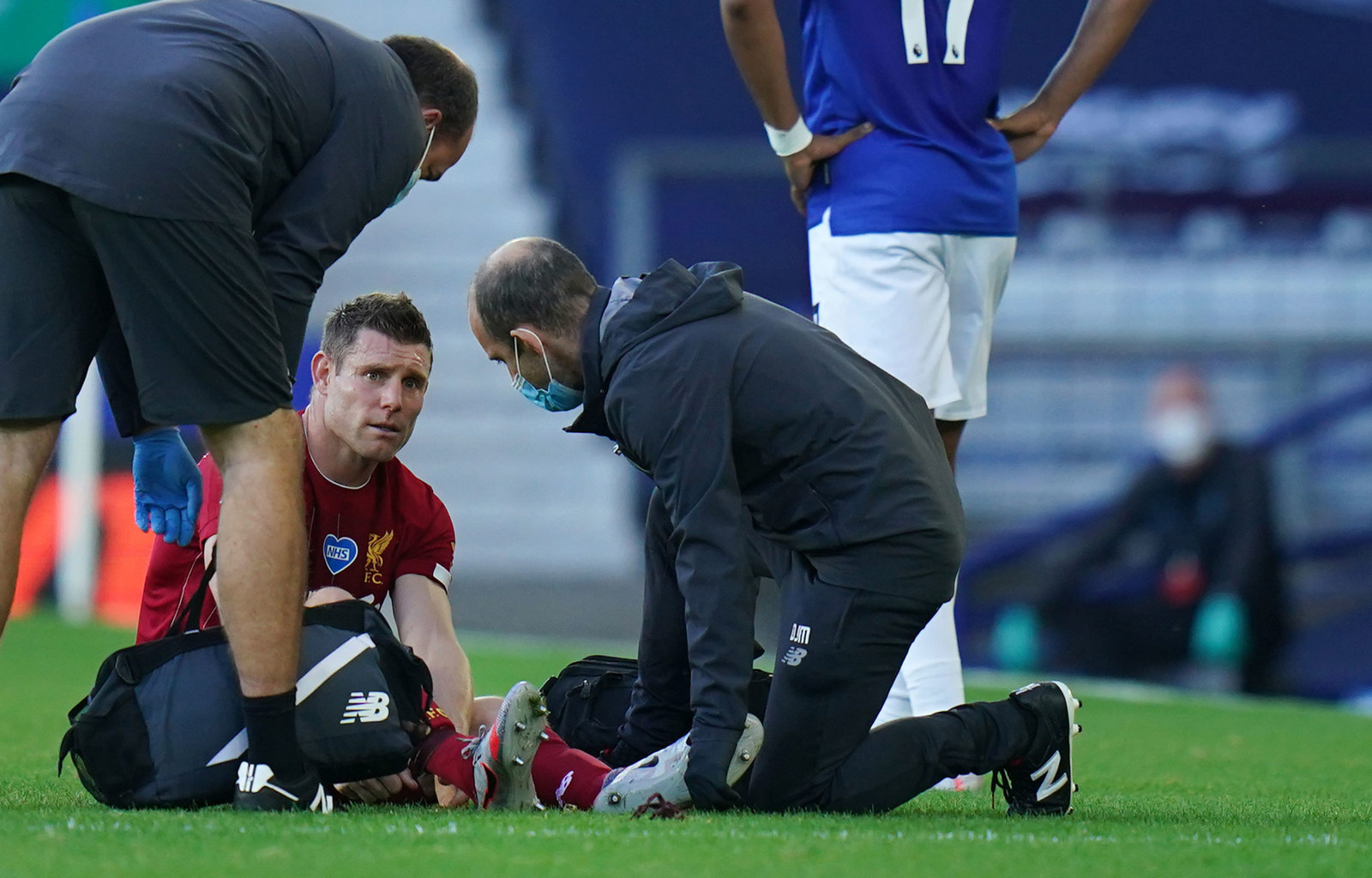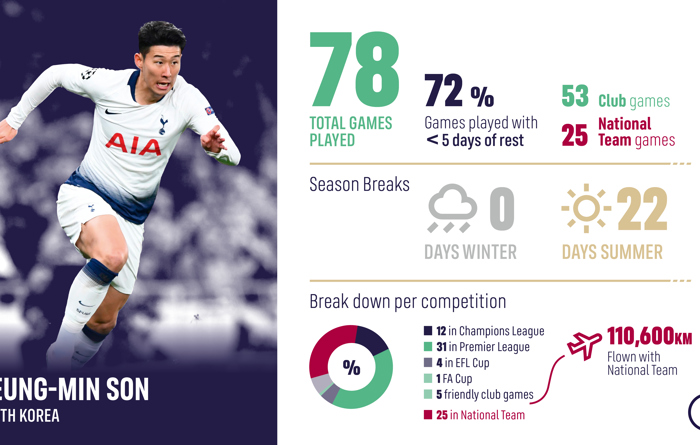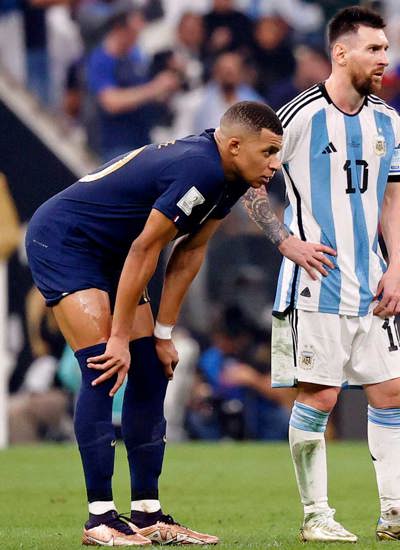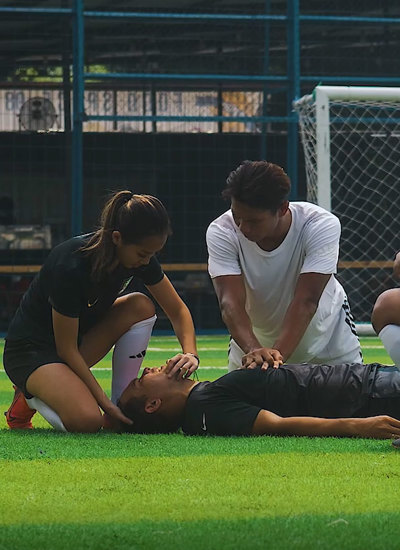
A large percentage of elite-level footballers were already stretched by the match calendar even before the Covid-19 pandemic, with a lack of recovery time between games and insufficient mental and physical rest between seasons. Now, since the restart we are seeing a first spike in injuries because of insufficient preparation time and congested match schedules.
We understand that it is a challenging task to recover matches lost over the past months. The impact of COVID-19 means the match schedule will be even more intense over the next two years. The response must be better and innovative safeguards for player health and not the erosion of the few existing frameworks. It is vital that stakeholders protect players and allow them to perform at their best. This cannot wait until the next calendar is established for post-2024.
Discussions on match calendar reforms so far have disregarded the responsibility to balance the needs of competition organizers with those of players. Leaving players’ workload management to individual decisions will lead to conflicts with their release for national team games, undue pressure on them to go beyond what is healthy and, ultimately, a decrease in the quality of competitions.



